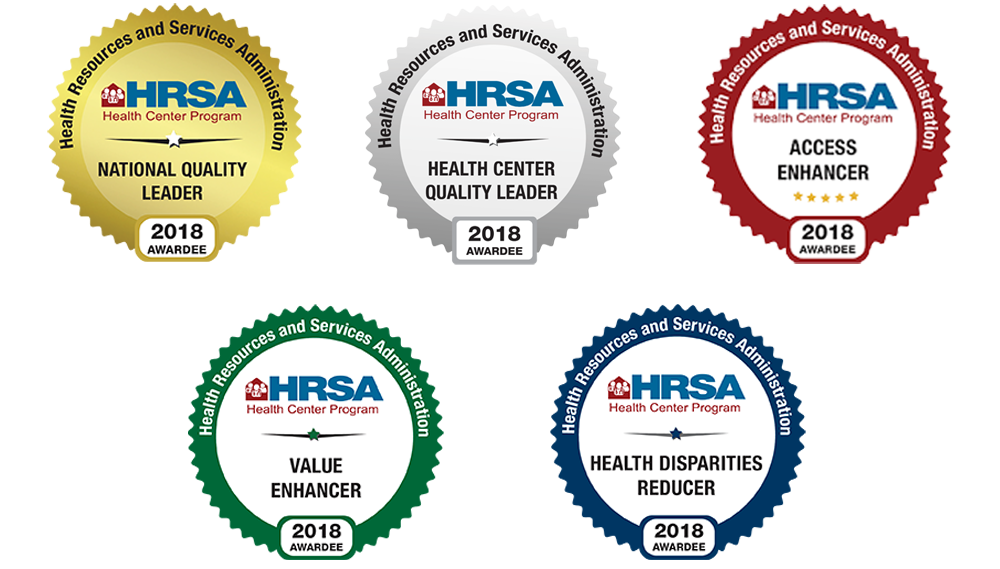Eating disorders are abnormal eating compulsions. People with eating disorders have a distorted body image. They attempt to control their weight by controlling their food intake. There are several types of eating disorders. Bulimia and anorexia nervosa are two of the most common ones. People with bulimia alternately eat food and self-induce vomiting. People with anorexia barely eat; they essentially starve themselves.
Eating disorders are dangerous to your child’s health. They also damage your child’s teeth. Self-induced vomiting associated with bulimia causes harmful stomach acids to enter the mouth. The stomach acids are strong enough to wear away the protective enamel from your child’s teeth. This can lead to sensitive teeth, cavities, and tooth discoloration. Overtime, your child’s back teeth can become smaller. Your child may experience tooth loss. This can affect your child’s bite pattern or the way that your child’s teeth come together.
Anorexia causes starvation. Without food consumption, your child’s body does not receive the vitamins and minerals it needs. Malnourishment can lead to gum disease, tooth decay, and tooth loss.
Symptoms
Diagnosis
Tell your dentist if your child has an eating disorder. Your dentist is happy to refer you to health care professionals that can help your child. Your dentist can become part of your child’s treatment team along with your doctor. Additionally, preventative dental steps can be taken while your child begins treatment.
Treatment
If your child has bulimia, a primary goal is to prevent tooth decay and gum disease. Your child should rinse his or her mouth with a solution of baking soda and water after he or she vomits. Your child should use a prescription mouth rinse that contains fluoride. Your child should avoid brushing his or her teeth immediately after vomiting. This only harms the teeth more. Your dentist can prescribe a mouthguard to protect your child’s teeth from stomach acid.



